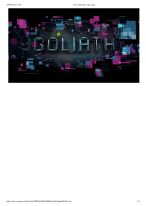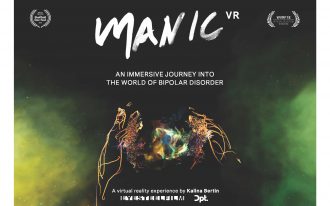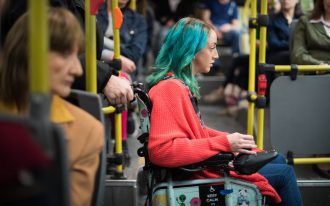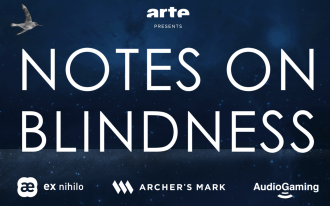The Access and Disability Innovation Working Group at MIT Open Documentary Lab and Co-Creation Studio brings together emergent media storytellers, creative technologists, curators, funders and scholars to share and learn through researching, mapping, and showcasing theories, practices and projects that center disability innovation within the framework of disability justice. The group has been meeting for the last two years to field-build in areas of interactive, immersive non-fiction, documentary and journalism that centers disability as a driver for tech, social, aesthetic, political and epistemological development.
The group includes members with lived experience of disability, including neurodiversity, hearing impairment and chronic illness.
ACCESSIBILITY FOR IMMERSIVE & INTERACTIVE DOCUMENTARY MEDIA
Emergent media technology has a long and often overlooked connection to disability driven innovation, simultaneously there is still a long way to go in terms of making media technologies widely accessible.
Inspired by the work and words of Patty Berne, the Co-Founder, Executive and Artistic Director of Sins Invalid, who writes in 10 Principles of Disability Justice that “A Disability Justice framework understands that all bodies are unique and essential, that all bodies have strengths and needs that must be met. We know that we are powerful not despite the complexities of our bodies, but because of them.”
We further understand the term Access Needs to mean the pathways required for “someone to fully participate in a space or activity, which can include wheelchair access, scent-free space, ASL interpretation, etc. In a disability justice context, access needs are seen as universal – every bodymind has needs, not just disabled people,” — and in our context, specifically pathways for fuller participation, as well as aesthetic and artistic innovation in emergent tech and media works — as described in Sins Invalid’s Disability Justice Primer.
This is a playlist of four projects discussed in the first year of the working group. You can find a large, evolving resource list here. We invite users to submit additional resources to the growing list through this form.



